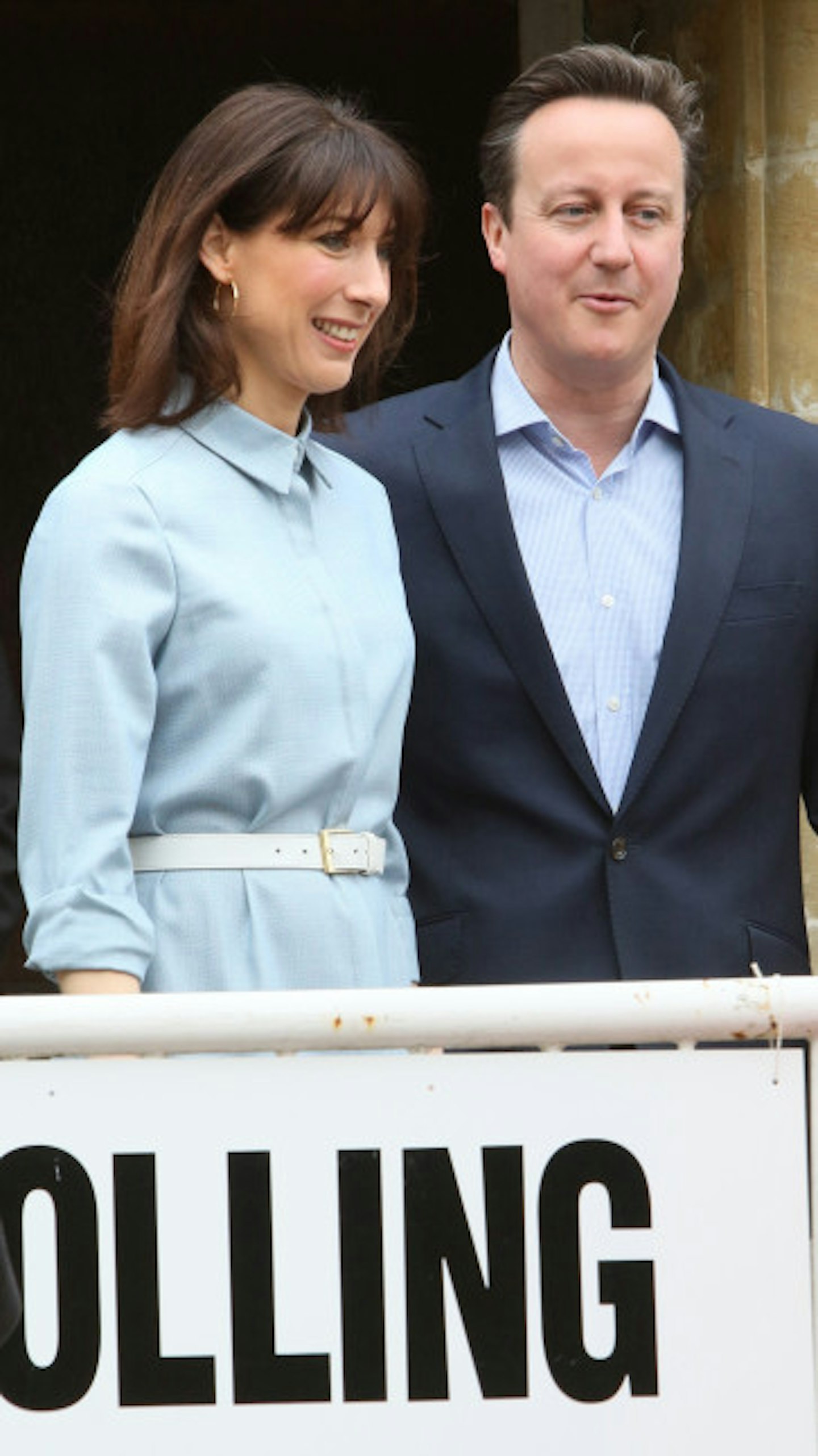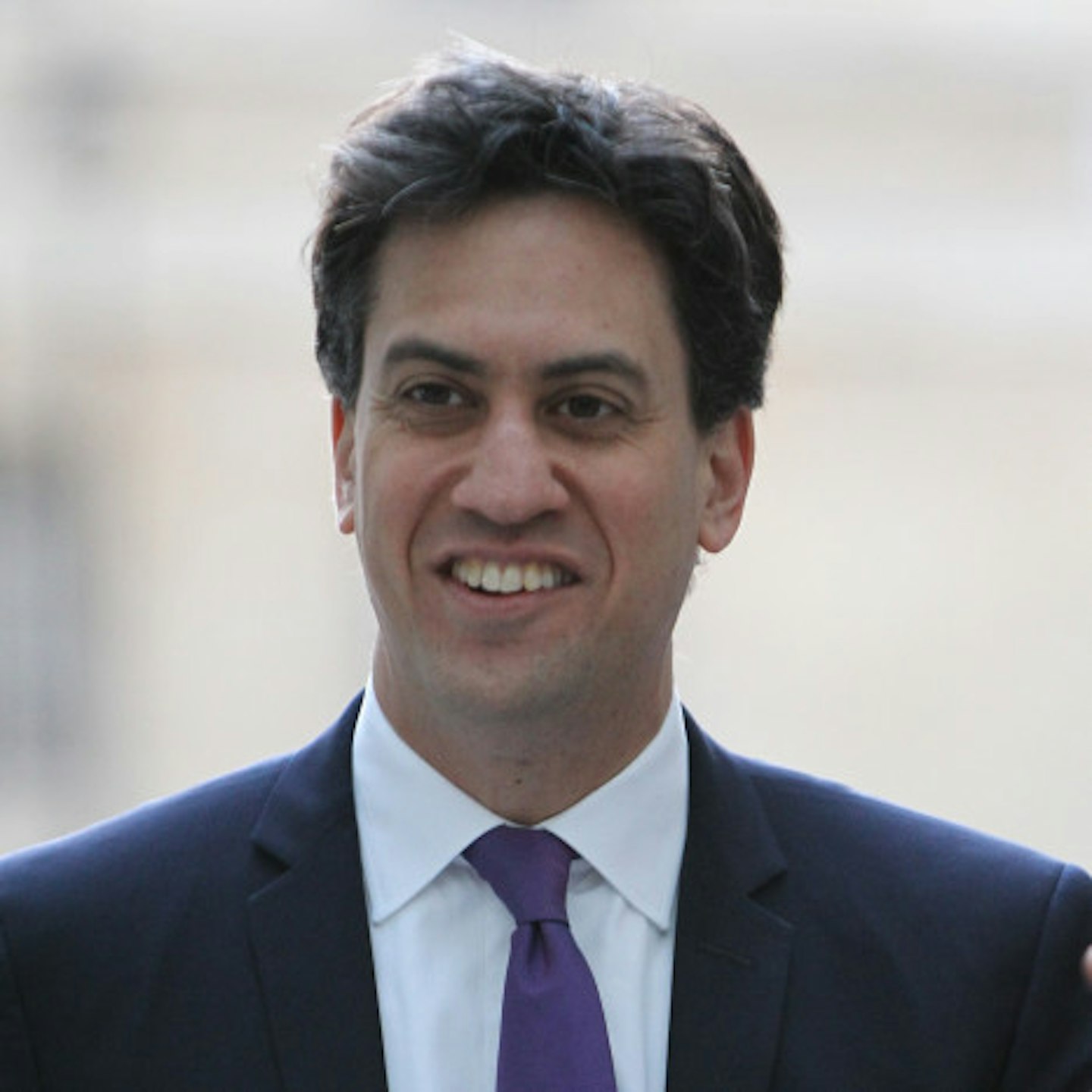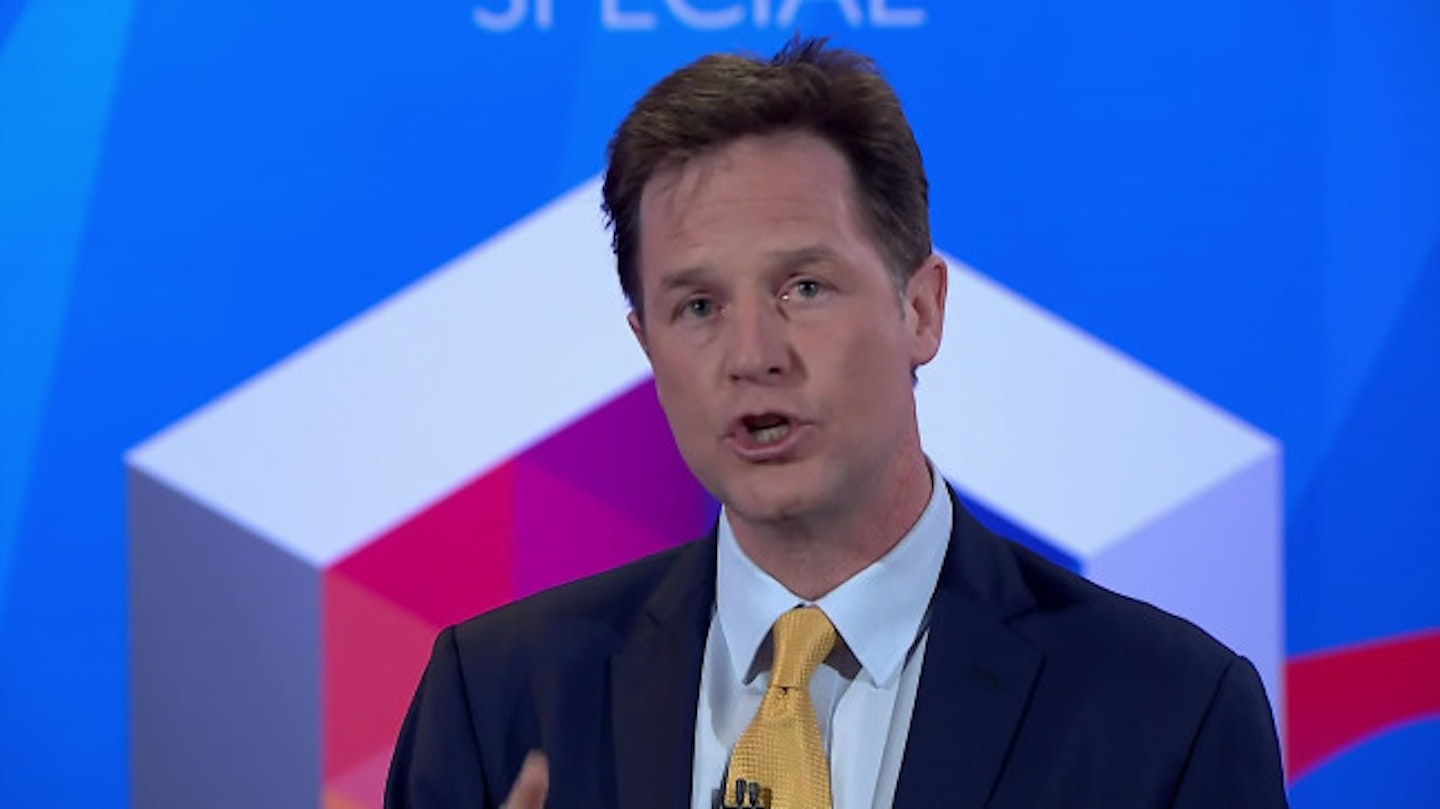By Friday morning we’ll finally have the answers to some of the questions that have been posed throughout this election campaign: Which party has most MPs? Which politicians have lost their seat? When will the political junk mail stop?
What we probably won’t know is the small matter of who’s in charge of the country.
It’s been said that this election is “the most unpredictable ever”. For the past few months polls have shown a slight swing one way only for the next poll to show a slight swing back. Crunch the numbers and it’s clear that the two biggest parties – the Conservatives and Labour – are neck and neck.
326 is the magic number. That’s how many MPs a party needs for a majority, meaning it can pass laws without relying on other parties. While anything can happen in politics, no one really believes that any party will get 326 in this election.

Still, there are only two people who can become Prime Minister - David Cameron or Ed Miliband. The job will go to whoever can get the most backers in parliament.
We’ve just had 5 years of formal coalition government, where the Conservatives and Lib Dems teamed up to govern. 5 more years is a possibility, but it looks slightly more complicated this time.
It looks like at least 3 parties would have to work together to cobble together a majority. This is easier said than done.

Labour has ruled out a coalition with the SNP. And the Lib Dems have ruled out a coalition with the SNP or Ukip. And Ukip has ruled out a coalition with anyone. And the SNP has ruled out a deal with the Conservatives.
Take all this into account, and you start to get the idea that few parties are willing to work together in this way.
The big parties might want to consider less formal deals. ‘Confidence and supply’ means a smaller party gives a larger one support on important votes, but doesn't form part of the government.
But arrangements like this get complicated when the smaller parties start making demands. The Lib Dems want more money for education, the SNP want to get rid of nuclear weapons, Ukip want a referendum on European Union membership. The list goes on…
It’s likely that negotiations after the election will take days, if not weeks. So what’s the point in staying up to watch the drama unfold if we still won’t know who the Prime Minister is?
The voting system might not deliver a majority government, but it could deliver plenty of results that make entertaining viewing.

Politicians that have been household names for years - including the Deputy Prime Minister Nick Clegg – could find themselves voted out of office.
Ukip’s Nigel Farage might not make it to Westminster (polling suggests it could be tight) and a surge for the SNP could see them win every single seat in Scotland, becoming the UK’s third biggest party.
At first glance, election results might not seem like must see television. But what if a handful of big name politicians lose their seats? What if the outcome eventually means an end to Britain’s place in the European Union? Or the breakup of the UK?
Moments like this will define politics in this country for the next 5 years, and may even define Britain’s place in the world.
That makes the results compelling viewing, and that’s worth staying up for.
